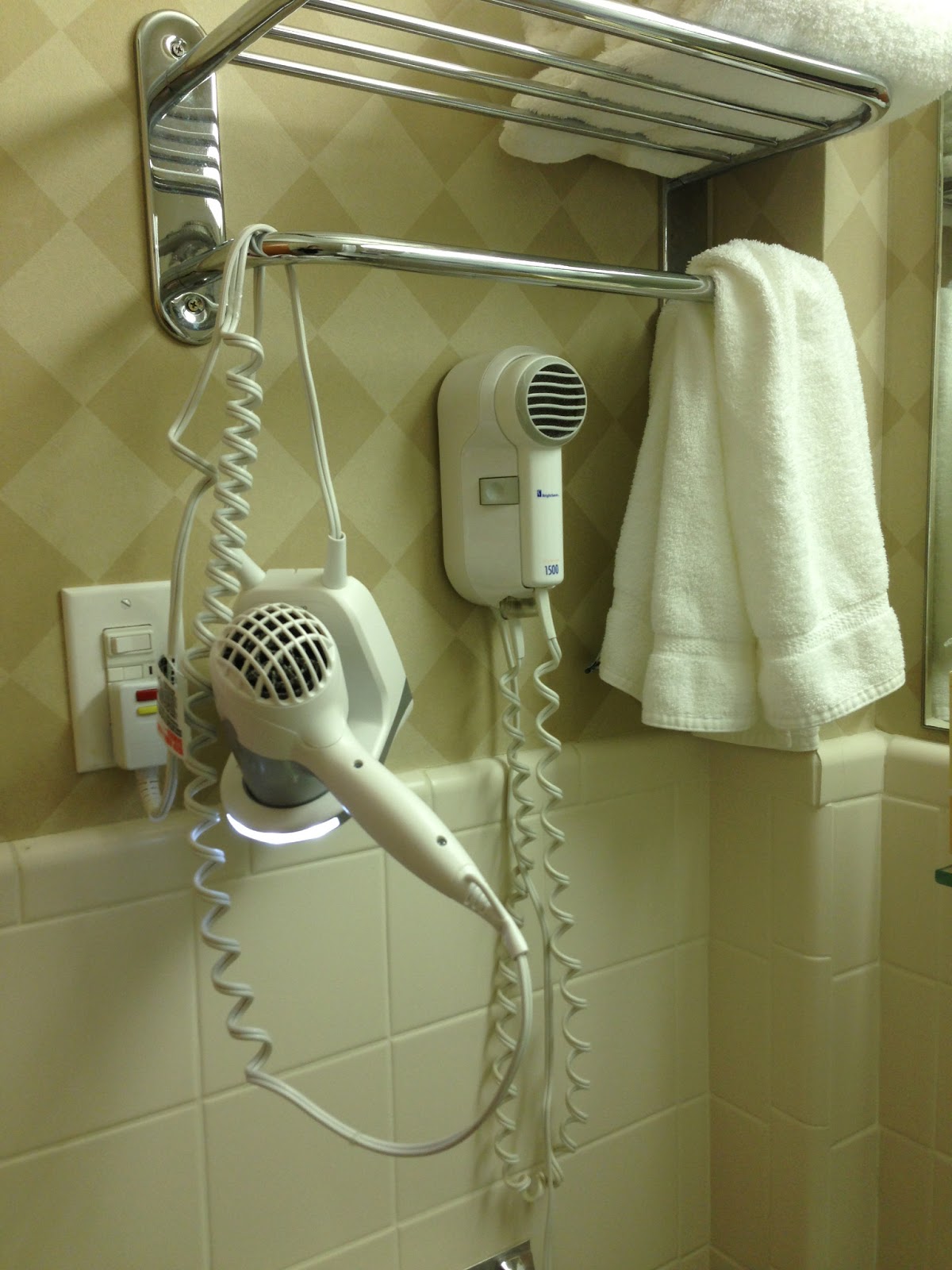I thought that I could handle back-to-back campus visits for several weeks on end. Turns out that it can be kind of tiring! One thing that keeps me energized, though, is the opportunity to see new places and learn more about different parts of the country. I had become so accustomed to the drab landscape of southeastern Michigan that I was just floored by this view:
This is the view from the Salt Lake City airport. I literally stood in front of a window, gazing hungrily at the mountains, for ten minutes after I walked off the plane. I had forgotten how inspiring mountains can be! I then flew to Oregon, where I was just delighted to see this store:
Pendleton is the hometown of one very special reader of this blog, Katie H.! Thinking of you, my dear!
When I arrived in Portland, I was exhausted, nauseated, and strung out from the stress of anticipating important phone calls. I felt rejuvenated, though, by a plate of the best Japanese curry I've ever had (not that that's saying much – I've only tried it in Ann Arbor). I then made the obligatory pilgrimage to Powell's Books!
I considered buying a tote bag, purely for the approving looks I'd get from those Ann Arborites with NPR bumper stickers on their Volkswagens. Too hypocritcal, even for me, though. Instead, I browsed the shelves, acutely aware that my jeans weren't skinny enough for me to look like a local! Then I walked back to my hotel in the rain.
This is the view from the Salt Lake City airport. I literally stood in front of a window, gazing hungrily at the mountains, for ten minutes after I walked off the plane. I had forgotten how inspiring mountains can be! I then flew to Oregon, where I was just delighted to see this store:
Pendleton is the hometown of one very special reader of this blog, Katie H.! Thinking of you, my dear!
When I arrived in Portland, I was exhausted, nauseated, and strung out from the stress of anticipating important phone calls. I felt rejuvenated, though, by a plate of the best Japanese curry I've ever had (not that that's saying much – I've only tried it in Ann Arbor). I then made the obligatory pilgrimage to Powell's Books!
I considered buying a tote bag, purely for the approving looks I'd get from those Ann Arborites with NPR bumper stickers on their Volkswagens. Too hypocritcal, even for me, though. Instead, I browsed the shelves, acutely aware that my jeans weren't skinny enough for me to look like a local! Then I walked back to my hotel in the rain.







